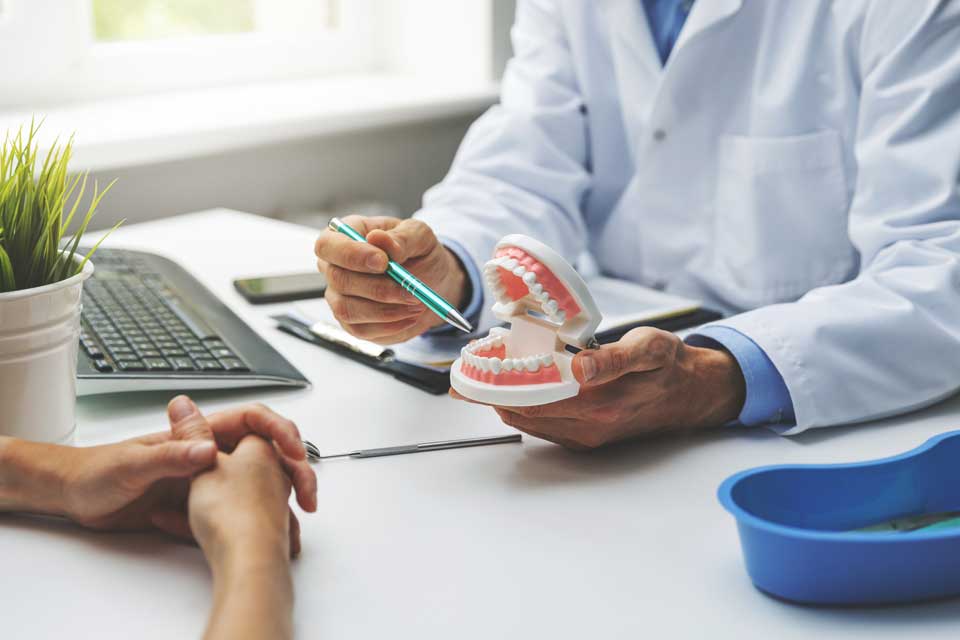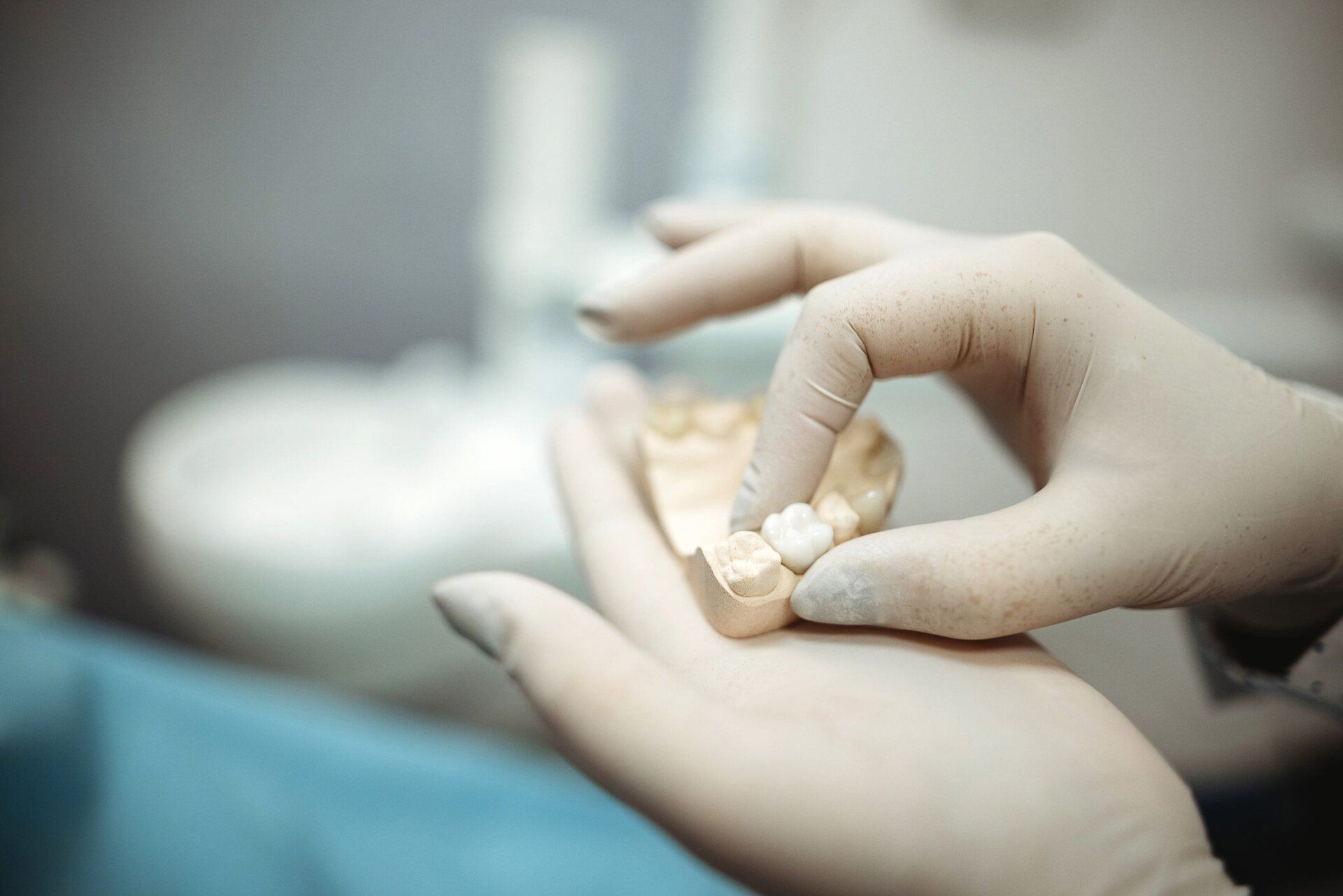5 Things You Should Know About Dentures

Has tooth decay, gum disease, or some type of injury caused you to lose some or all of your teeth? If so, you will need to think about replacing those teeth. Dentures are a great option for tooth replacement. Dentures are prosthetic devices that will help you maintain your ability to speak and eat normally, and they will help you maintain your normal appearance.
If you are thinking about getting dentures, here are five things you should know about them.
1. Know About the Different Types of Dentures
The two primary types of dentures are partial and complete dentures. If you still have some of your natural teeth, you may be able to wear partial dentures. If most of your teeth are missing, however, you will need complete dentures.
Partial Dentures
A removable partial denture is made with the replacement teeth attached to a pink plastic base. The color of the base is meant to resemble your natural gums as closely as possible. The plastic base sometimes has a metal framework. This metal piece holds the partial dentures in place inside your mouth.
Complete Dentures
If all of your teeth are missing, you will need to have complete dentures. If you need to have your teeth removed, you will then wait six to eight weeks for the gum tissue to heal. After your gums have healed, the dentist will make an impression of your mouth. It takes anywhere from six weeks to three months to make your dentures and get them fitted just right inside your mouth.
If you don't want to wait that long, you can get immediate dentures. These dentures are made in advance so you can wear them the same day the teeth are extracted.
2. Know How Much Dentures Cost
Both partial and complete dentures cost anywhere from $1,000 to $3,000. Immediate dentures are a little bit more expensive and range from $1,000 to $3,500. If dentures are medically necessary, your dental insurance may cover some of the cost.
In most cases, however, you will need to cover part of the cost of your dentures. Talk to your dental insurance company before you get dentures to see if and how much they will cover.
3. Know How to Care for Your Dentures
Even though your dentures might look like natural teeth, you need to care for them differently. If you want to keep them free of stains and looking their best, remove your dentures after you eat, and rinse them off with water. At least once a day, you should brush your dentures with a nonabrasive denture cleanser.
While your dentures are out, clean your mouth with either a piece of gauze or a soft toothbrush. At night, soak the dentures in water or a denture-soaking solution. The moisture will help them retain their shape. If you use a denture-soaking solution, remember to rinse the dentures off before you put them back in your mouth.
4. Know What Foods to Avoid With Dentures
Your dentist may recommend that you avoid eating foods that are hard or sticky. Hard foods can crack dentures, while sticky foods can pull the dentures out of your mouth. You might also need to avoid foods with small particles. Some foods you may want to avoid with dentures include popcorn, corn on the cob, raw vegetables, chewing gum, and tough meats.
5. Know Where to Go for Dentures
Are you thinking about getting dentures? If you live in Orange, Meriden, or any of the surrounding cities in Connecticut, contact New England Dental Health Services P.C. We can help you find affordable dentures that best suits your needs.






